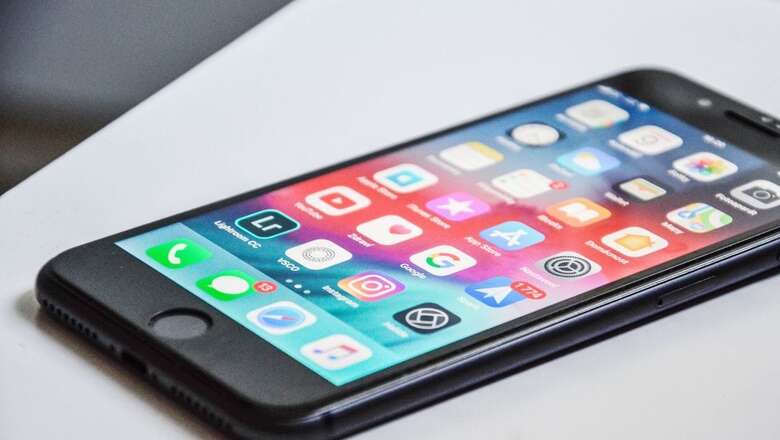
views
Apple got into some hot water when it had to agree to pay up to $500 million to settle the class-action ‘batterygate’ lawsuit in the United States. This lawsuit was a result of Apple slowing down users’ iPhones without informing them that their iPhones were being throttled down after their batteries degraded. Now, the company has finally started sending out reimbursement payments to those who filed a claim.
To be eligible for the class-action settlement, you had to be a user of an iPhone 6, 6 Plus, 6s, 6s Plus, or SE device that ran iOS 10.2.1 or later before December 21, 2017, or a U.S. owner of an iPhone 7 or 7 Plus device that ran iOS 11.2 or later before December 21, 2017.
MacRumors noticed that this information is consistent with what’s on this website, which says that the money should show up by January 2024, with some users getting $92.17 as part of the settlement.
For those unfamiliar, the lawsuit resulted from people discovering that their iPhones were being throttled. This occurred because lithium-ion batteries degrade over time, and throttling was introduced to prevent iPhones from shutting down randomly. However, Apple wasn’t transparent about this, and failed to include these changes in update change log. This is what caused the controversy.
Moreover, Apple also had to temporarily lower the battery replacement cost to $29 in 2018 for multiple iPhone models.
After this controversy, Apple introduced a new ‘Battery Health’ metric in the settings, which lets users know how much their battery has aged. Now, if the health goes below 80%, Apple recommends that you get a replacement, and has started to feature a informational text that says “Built-in dynamic software and hardware systems will help counter performance impacts that may be noticed as your iPhone battery chemically ages.”




















Comments
0 comment